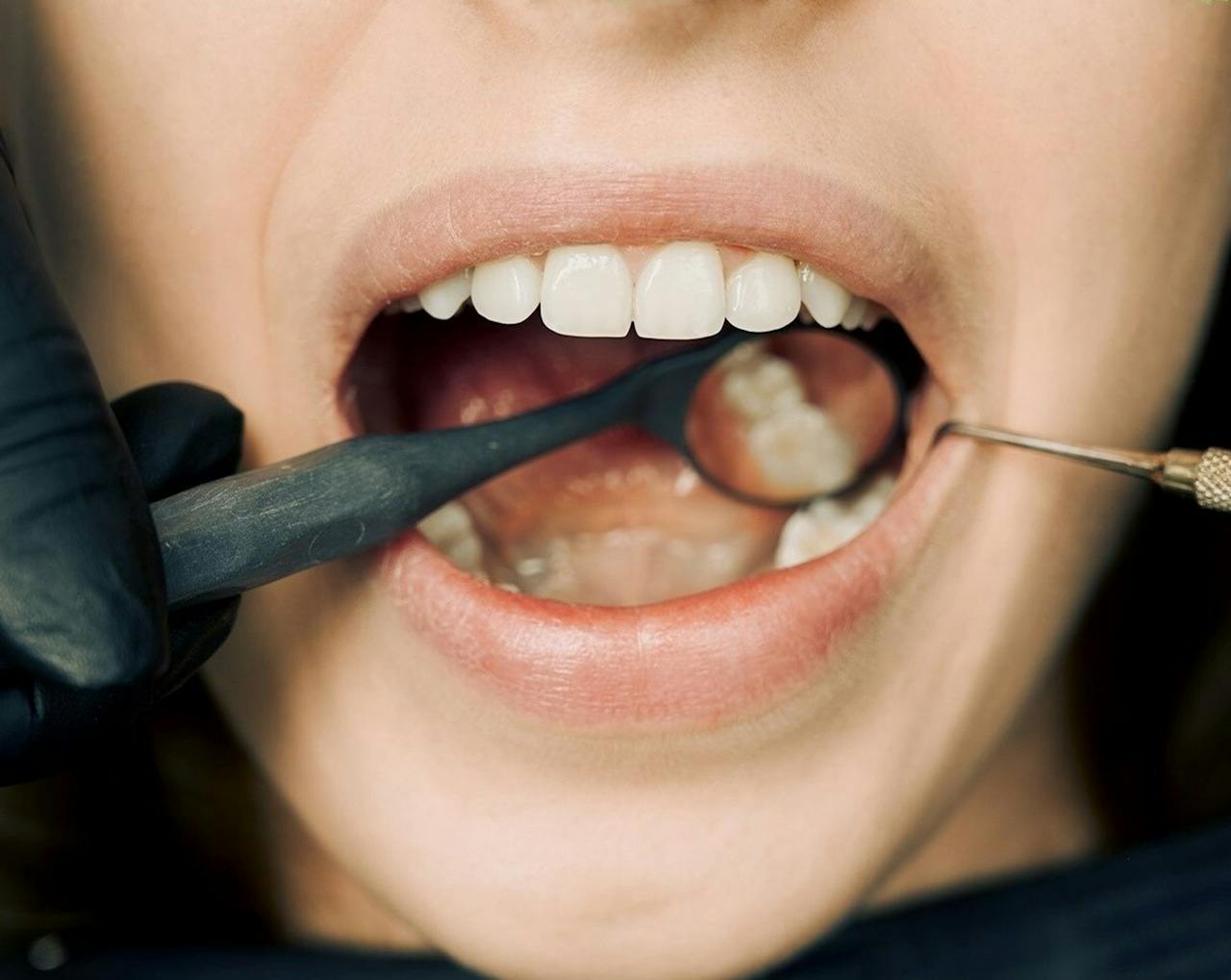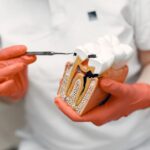Dental crowns are a common and effective solution for restoring damaged teeth. They can enhance both the health and appearance of your teeth, ensuring long-term functionality and comfort. However, it can be challenging to know when you actually need a dental crown. Here, we’ll explore the signs that indicate it’s time to consider getting a dental crown and how this treatment can restore the health and function of your tooth.
Signs You Might Need a Dental Crown
1. Significant Tooth Decay
When a tooth has extensive decay that cannot be effectively treated with a filling, a dental crown may be necessary. Large cavities can weaken the tooth structure, and a crown can provide the strength needed to protect the remaining tooth.
2. Cracked or Fractured Teeth
Teeth that are cracked or fractured, especially if the damage is severe, often require a crown. Crowns can hold the pieces of a cracked tooth together, preventing further damage and restoring functionality.
3. After Root Canal Treatment
Root canal treatment involves removing the infected pulp from inside the tooth, which can leave the tooth more susceptible to fractures. A crown is usually placed over a tooth after a root canal to provide protection and restore its shape and strength.
4. Worn Down Teeth
Teeth that are worn down due to grinding (bruxism) or erosion from acidic foods and beverages can benefit from a dental crown. Crowns can rebuild the lost structure of worn teeth, improving both function and aesthetics.
5. Large Fillings
Teeth with large fillings that cover more than half the tooth’s structure may need crowns. Large fillings can compromise the strength of the tooth, making it more prone to cracking. A crown provides a more durable and lasting solution.
6. Cosmetic Enhancement
Crowns are also used for cosmetic purposes, such as covering misshapen or severely discolored teeth. If you’re looking to improve the appearance of your smile, crowns can provide a natural and aesthetically pleasing result.
Benefits of Getting a Dental Crown
Restores Tooth Function
A dental crown restores the normal function of a damaged tooth, allowing you to chew and speak comfortably. This restoration helps you maintain a healthy bite and prevents undue stress on your other teeth.
Protects Weakened Teeth
Crowns provide a protective barrier for weakened teeth, preventing further damage and the need for more extensive dental work in the future. This protection can be crucial for teeth that have undergone significant decay or trauma.
Enhances Aesthetics
Dental crowns are designed to match the color and shape of your natural teeth, providing a seamless and natural appearance. They can greatly enhance the look of your smile, boosting your confidence and self-esteem.
Durable and Long-Lasting
Modern dental crowns are made from durable materials like porcelain, ceramic, ensuring long-lasting results. With proper care, a crown can last many years, providing a reliable solution for tooth restoration.
The Dental Crown Procedure
- Initial Consultation: Your dentist will examine your tooth and take X-rays to determine if a crown is the best option for you.
- Tooth Preparation: The tooth is shaped to make room for the crown. This may involve removing some of the tooth structure or building it up with filling material if necessary.
- Impressions: Impressions of your tooth are taken to create a custom crown that fits perfectly.
- Temporary Crown: A temporary crown may be placed to protect the prepared tooth while your permanent crown is being made.
- Permanent Crown Placement: Once the permanent crown is ready, your dentist will remove the temporary crown and cement the new crown onto your tooth, ensuring a proper fit and bite alignment.
Aftercare and Maintenance
Proper care and maintenance are essential to ensure the longevity of your dental crown:
- Good Oral Hygiene: Brush and floss regularly to keep your crown and surrounding teeth clean and free from plaque.
- Avoid Hard Foods: Be cautious with hard or sticky foods that could damage your crown.
- Regular Dental Check-ups: Visit your dentist regularly to monitor the condition of your crown and overall oral health.
- Address Bruxism: If you grind your teeth, consider using a night guard to protect your crown and other teeth from excessive wear.
Save Yourself from Dental Complications
Knowing when to get a dental crown can save you from further dental complications and restore the health and function of your tooth. If you’re experiencing any of the signs mentioned above, consult with your dentist to discuss whether a crown is the right solution for you. With the right care and timely intervention, a dental crown can provide a durable and aesthetically pleasing restoration, helping you maintain a healthy and beautiful smile.






